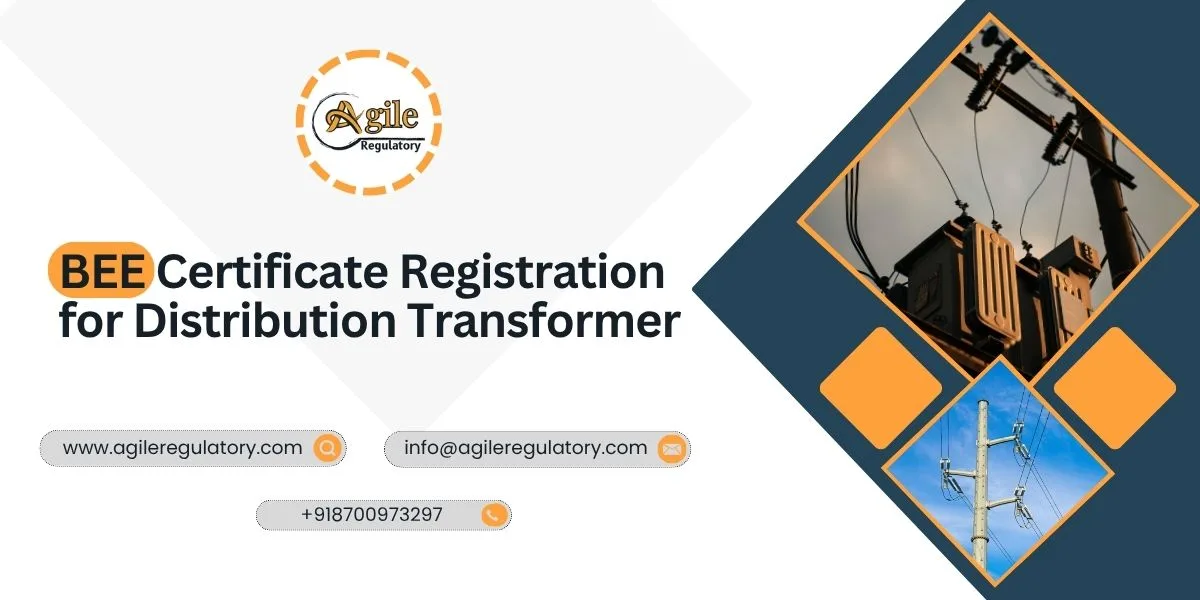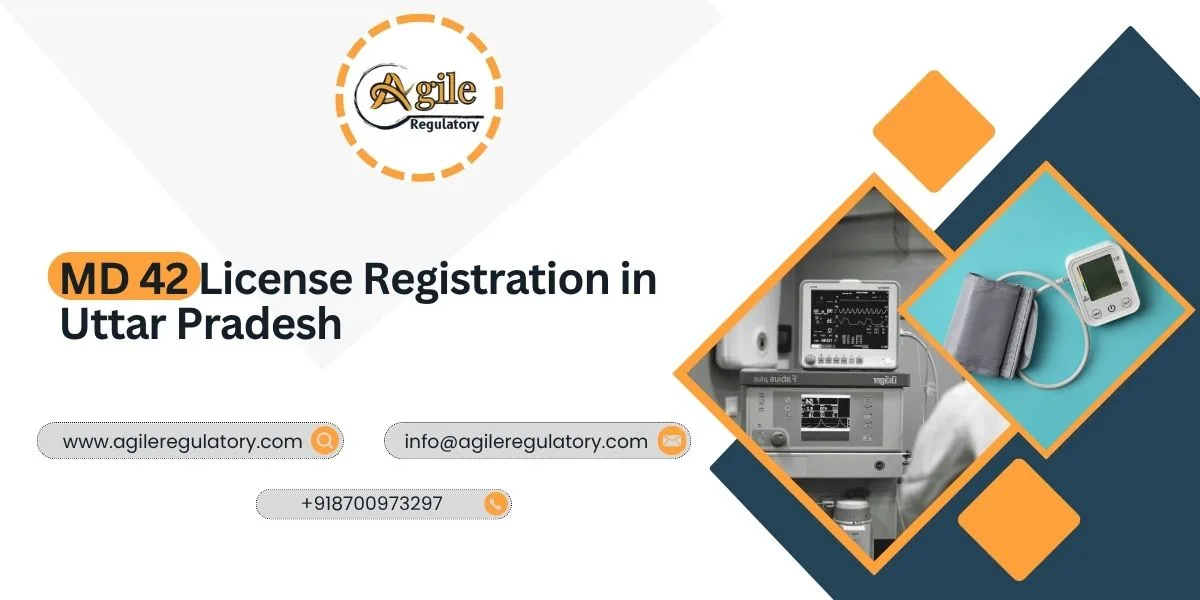
Get Instant Solution By an Expert Advisor
(4.8)


BIS implements a compulsory registration scheme, according to Scheme-II of the BIS Regulations (Conformity Assessment) 2018, Annex-II. Domestic and imported electronic devices must be tested in order to be certified, according to CRS. It should be noted that product compliance will be acquired following testing and evaluation. On October 3, 2012, the Meity issued the Electronics Devices/Goods (Requirement for CRS) Order, 2012, for various categories of 15 electronic devices.
On November 13, 2014, 15 additional items were added to the same order, including power adapters for IT equipment, mobile phones, point-of-sale terminals, a copying machine or duplicators, and other items. The list of items covered by BIS CRS is not limited to these; on August 23, 2017, 13 other products were included to ensure safer products. LED floodlights, CCTV cameras or recorders, smart watches, recessed LED luminaires, and so on are examples of these items. The number of goods added to the list is constantly increasing to ensure the customer's trust and safety.
In India, the Bureau of Indian Standards implements the Compulsory Registration Scheme, or CRS. This nationwide program requires certification for certain products. Through the CRS, established under the BIS Act of 2016, the Bureau aims to confirm that items meet quality, safety, and performance standards before being sold in India. As the national standards body, the Bureau of Indian Standards oversees and manages the Compulsory Registration Scheme. The main purpose of BIS is to ensure that consumers of electronics items receive a qualified product.
The primary objectives of the BIS Compulsory Registration Scheme are as follows:
Consumer Protection: The scheme aims to protect consumers from substandard and unsafe products. By applying quality and safety standards, consumers can confidently purchase products that meet established quality parameters set by BIS.
Regulatory Control: CRS scheme establishes a regulatory framework that ensures products entering the market adhere to predetermined standards. This helps prevent the circulation of counterfeit or low-quality products.
Domestic Industry Promotion: CRS scheme also fosters the growth of the domestic industry by setting standards that manufacturers must meet. Which encourages companies to invest in technology and innovation.
BIS Compulsory Registration Scheme covers a wide range of products, including:
|
Laptops, Notebook, Tablets
|
Electronics Games
|
Plasma, LED, LCD, Smart TV
|
|
Microwave Ovens
|
Visual Display Monitor
|
Printer, Plotter
|
|
Scanner
|
Keyboard
|
Telephone Machine
|
|
Amplifier
|
Electronic Music System
|
Electronic Clock
|
|
Automatic Data Processing
|
Set Top Box
|
Power Adaptor
|
|
UPS
|
Passport Reader
|
Power Bank
|
|
LED Flood Light
|
Smart Card Reader
|
POS Machine
|
|
Cash Register
|
Mobile Phone
|
LED Luminaries
|
|
Inverter
|
Electronic Control Gear
|
LED Lamp
|
|
Copying Machine
|
CCTV Camera, Recorder
|
Mail Processing Machine
|
|
Passport Reader
|
Solar Photovoltaic
|
Optical Disc Player
|
|
Batteries
|
Webcam
|
Microphone
|
|
Barcode Reader, Scanner
|
Smart Watch
|
Induction Stove
|
|
Cash Dispensing Machines
|
Wireless Headphone
|
USB Type Storage Devices
|
|
Switch Mode Power Supplies
|
Rice Cooker
|
Digital, Video Camera
|
|
Smart, Bluetooth Speaker
|
LED Flood Light
|
Power Bank
|
Step 1: Selection of the Applicable Standard: A product manufacturer or importer must first identify the relevant standard as outlined in the Bureau of Indian Standards guidelines.
Step 2: Application: Those wanting to manufacture or import a product must submit a request to the Bureau of Indian Standards through their online portal.
Step 3: Product Evaluation Testing: The products undergo a thorough test evaluation in government-approved laboratories to ensure they fulfil the outlined specifications.
Step 4: Application Review: The submitted application and test report will be evaluated by the BIS review team to ensure the product adheres to compliance standards.
Step 5: Grant of Certificate: If the products successfully complete the testing stage and the factory audit, the Bureau of Indian Standards will provide the manufacturer authorization to use the BIS certification mark. Having cleared the rigorous evaluation process, organizations can display this endorsement sign
The validity of the BIS CRS Certificate is 2 years when we are applying for the first time. However, in the case of renewal, an applicant may apply for 2 to 5 years. For the renewal process, the applicant has to submit an application along with a renewal fee to the BIS online portal.
The BIS Compulsory Registration Scheme has several benefits and impacts:
Informing Consumer Decisions: When consumers have access to information regarding product safety and quality, they can make well-informed choices. Knowledge allows individuals to select items assured to pose no risks while meeting acceptable standards.
Market Access: Manufacturers gain access to the Indian market by complying with the BIS standards, enhancing their market credibility.
Continuous Quality Improvement: Manufacturers aim to enhance their products' quality in order to satisfy pre-specified standards. Meeting such criteria of BIS helps the manufacturer push industrial progress forward.
Counterfeit Prevention: The scheme acts as a deterrent to the circulation of counterfeit and substandard products.
Domestic Industry Growth: The BIS Compulsory Registration Scheme promotes domestic manufacturing and innovation by contributing to the growth of the Indian industry.
While the Bureau of Indian Standards' Compulsory Registration Scheme is praiseworthy, it also presents difficulties such as the initial expenses of compliance for manufacturers, potential delays in certification, and keeping pace with quickly changing technological standards. To solve these difficulties, a long-lasting partnership between BIS and manufacturers streamlined certification processes, and proactive updates to standards are crucial. However, increasing awareness among customers of the importance of the BIS certification can further strengthen the BIS CRS scheme's impact.
The BIS Compulsory Registration Scheme: CRS is a regulatory certification that ensures the safety, quality, and performance of products in the Indian market. By setting quality standards and implementing mandatory certifications, the BIS compulsory registration scheme not only takes care of consumers but also stimulates domestic industry growth and competitiveness. Connect with Agile Regulatory experienced technical engineers to get a detailed discussion of process, documents, timeline, validity, etc.

 Nishi Chawla
Nishi Chawla
14 Oct, 2025

 Nishi Chawla
Nishi Chawla
14 Oct, 2025

 Nishi Chawla
Nishi Chawla
13 Oct, 2025

 Nishi Chawla
Nishi Chawla
13 Oct, 2025

 Nishi Chawla
Nishi Chawla
07 Oct, 2025

Get Instant Solution By an Expert Advisor
(4.8)
We simplify compliance through a proven 4-step process: Consultation, Documentation, Submission, and certification. From understanding requirements to getting final approvals, we deliver a smooth, timely, and fully compliant journey for your business.
What our customer says about us
Fantastic support from the team. Their expertise transformed our approach, driving remarkable outcomes. A must-have partner for businesses seeking effective consulting solutions. Highly recommended.

KTPL Instruments
Agile Regualtory delivers exceptional solutions. Their insightful guidance streamlined our processes and boosted profitability. Highly recommended for businesses seeking expert consulting services to thrive.

Justrack IOT
Impressed by Agile Regulatory's expertise. Their strategic insights and practical solutions have elevated our business operations. A reliable partner for effective consulting services. Highly recommended for growth-focused businesses.

Coaire Compressor
Extraordinary consulting services. Their insightful solutions and dedicated team reshaped our business, driving remarkable improvements. Highly recommend it for transformative results.

Easy Polymer
Incredible experience with Agile Regulatory. Their innovative strategies and expert advice revitalized our business model, resulting in impressive growth. Highly recommend their exceptional consulting services.

Tarus International
Top-tier consulting! offered strategic solutions that revolutionized our approach. Their deep expertise and personalized guidance made a significant impact on our success. Highly recommend their services.

Anchor Weighing
Agile Regulatory exceeded expectations! Their tailored solutions, expertise, and proactive approach led to remarkable results. Highly recommend for businesses seeking impactful and strategic guidance.

AM Capacitor
Outstanding service! delivered targeted solutions with professionalism and expertise. Their insights elevated our business strategies, resulting in noticeable growth. Highly recommended for exceptional consultation.

Imaxx Pro Aquistic
Leave a Reply
Your email address will not be published. Required fields are marked *